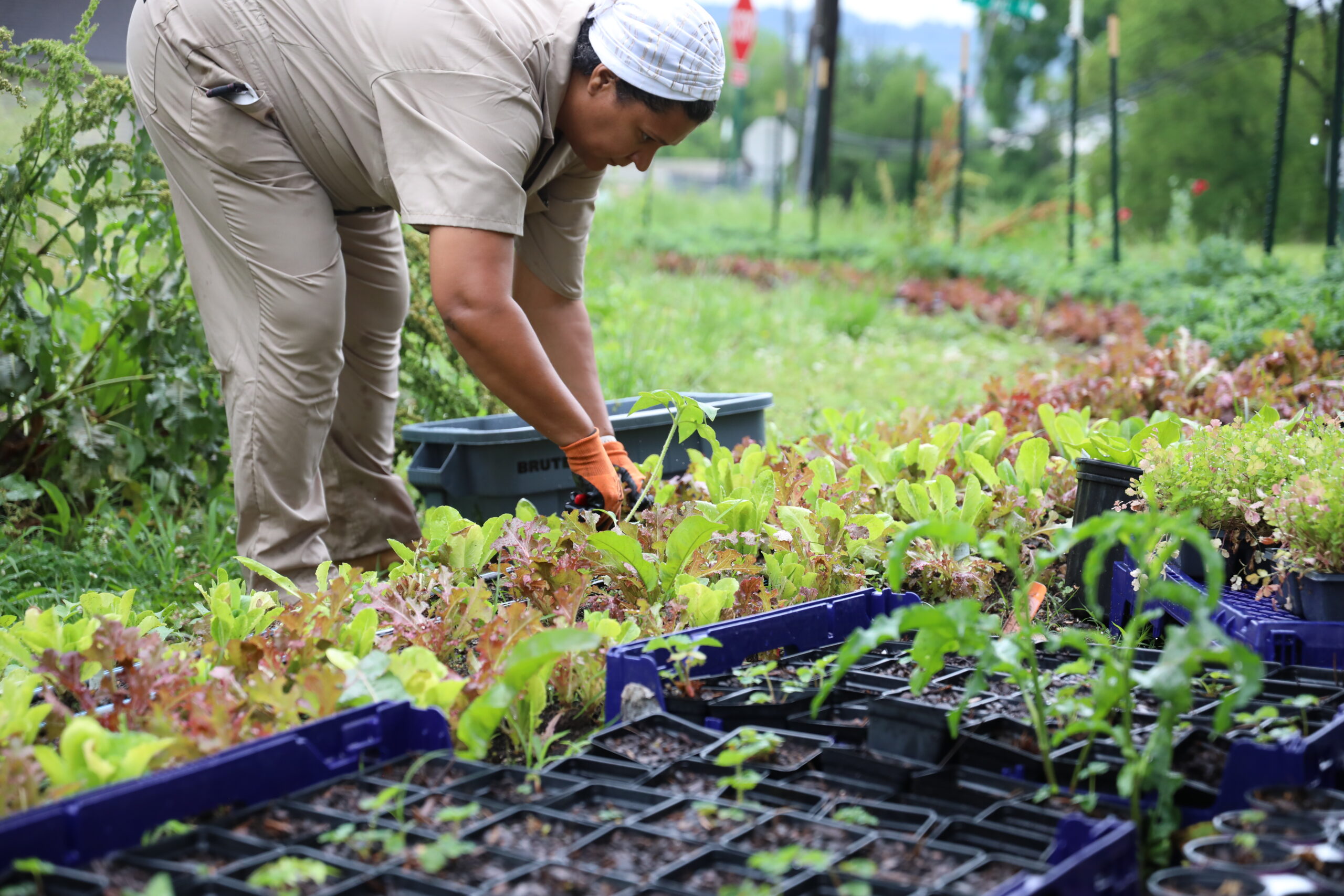Birmingham March for Science draws a crowd of two thousand
Reading time: 4 minutes

Scientists and science enthusiasts from Birmingham and around the state joined hundreds of other cities across the world in a March for Science on Saturday, April 22, Earth Day at Linn Park.
The event opened at 10am, featuring a variety of speakers from the Birmingham community as well as booths, exhibits and activities in the park. Tables and activities were staffed by March for Science organizers and community partners such as McWane Science Center, Alabama Rivers Alliance, 500 Women Scientists and AIDS Alabama. There were also exhibits in the nearby Birmingham Library showcasing the importance of science in day-to-day life. Local environmental, scientific, political and community services groups also provided information. After speakers, including local activists and scientists, the march began at 12 pm. As the march departure time approached, the crowd quickly swelled to an estimated two thousand marchers.
We caught up with several march participants to find out why they chose to attend the March for Science.

Mollie Nugent, graduate student in the biology department at University of Alabama, specializes in coastal wetlands restoration. She was part of a group of graduate students that traveled from Tuscaloosa for the rally.
All of our grants are on the verge of getting cut or being debated as to whether they should be cut. My grant actually was cut. I had an EPA grant that was cut in January, a week after the inauguration. A lot of sea level rise and climate change grants were cut in that time period. Actually, the university took us over (paying for the research) because they have a lot of money from the football department. They have been really helpful through the whole process. We feel really fortunate because a lot of other schools aren’t. If you cut four years of funding for climate change or sea level rise research, you’re basically cutting off decades of research because these are ongoing grants. You’re essentially cutting off the next generation of scientists.

Rick – I found out about the march from my amazing girlfriend. I’ve heard about stuff like this and wanted to come. But I’ve had a hectic work schedule. I just got a new job that freed up my time. This is my first protest.
Jenna – I heard about this event after the women’s march. I remember there was an announcement. There was a rumor it was going to be on Earth Day, so I went ahead and put it on my calendar. We thought about going to Washington D.C. but it was a ten hour drive. So we came to Birmingham instead. There was a march in Huntsville, but it was going to be on an overpass and I felt that no one would see us there.

Claire Wu, a UAB graduate student in microbiology, found out about the March for Science at the McWane Science center where she volunteers. She and a group of volunteers joined the march and provided learning activities for children at the event. Claire explained why she chose to march.
Twenty percent of grants at UAB are funded by the NIH, so it’s very important that funding for the NIH is not cut. The lab where I am working specializes in immunology and virology, including research for CMV and Zika virus.

Two panel discussions followed the march. One was at the Birmingham Public Library, focusing on diversity in science. The other took place in the park and focus on the topic of community science.
March for Science Birmingham was one of more than 390 sister marches comprised of scientists and science enthusiasts. The event that was part protest for the free communication of scientific research and part celebration of the fruits of scientific research that society benefits from daily. The ultimate goal of the organizers is to engage the community and emphasize the importance of science on a local, state and national level.

Thanks to Mark Linn, Communications Director of Birmingham March for Science for information about the march.
Find out more at www.marchforsciencebhm.org



